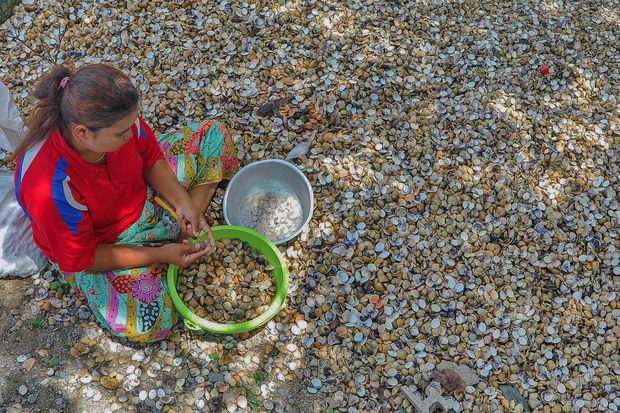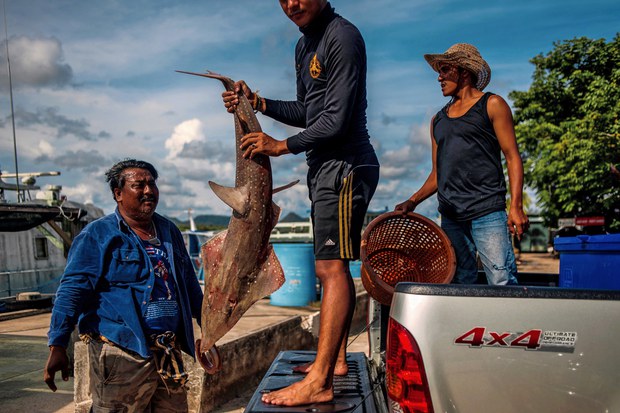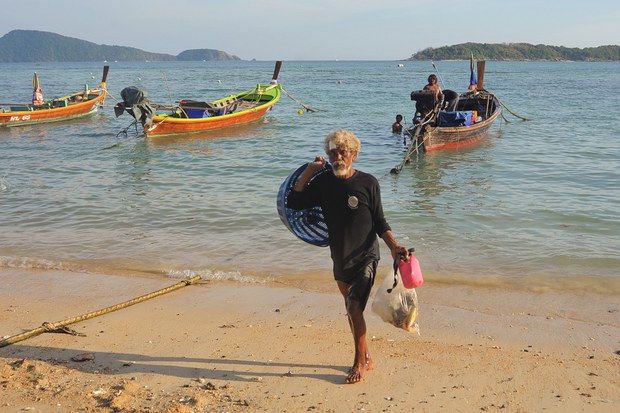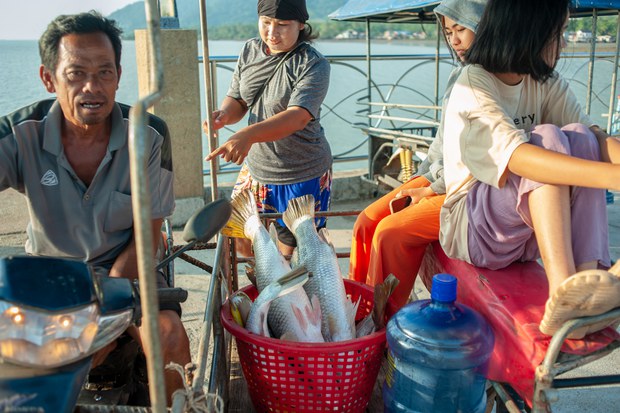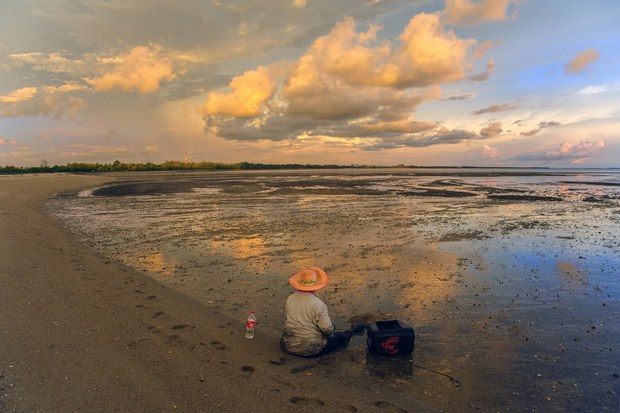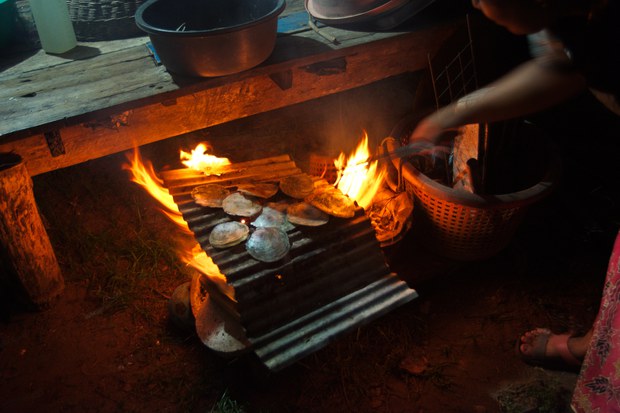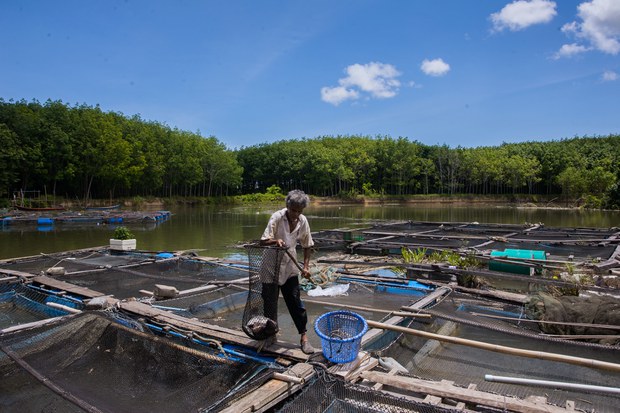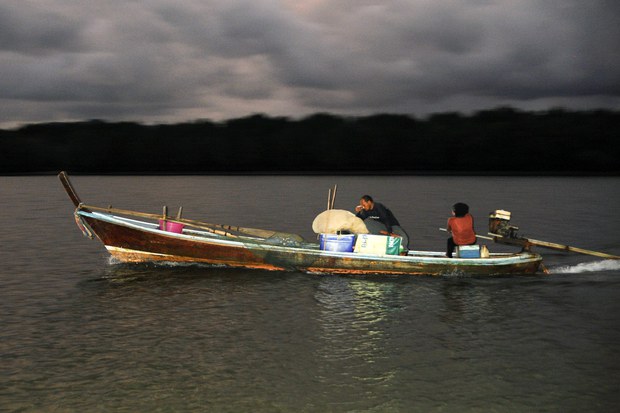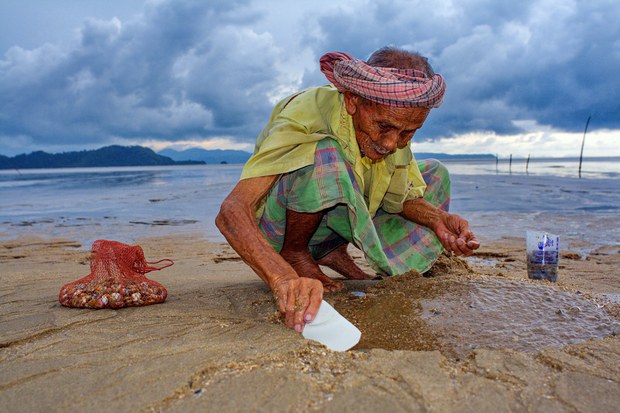Depleted marine life pushes small-scale fishermen to brink in southern Thailand
2023.06.16
Bangkok
Fishermen in more than 20 coastal provinces of Thailand are struggling to make ends meet as the once bounteous waters around them are coming up near empty.
These communities have depended on fishing for generations, but as their daily catch has continued to dwindle for nearly a decade, the elders are urging the younger generation to look for other occupations.
Narong Muangthongdam, a fisherman in Chumphon province, compared the current situation with better days.
“I have not found any mackerel, which I used to catch several kilograms of at a time in my teenage years,” he told BenarNews.
“Certain types of fish have completely vanished from the Gulf of Chumphon.”
Prichat Vetchayan, an associate professor at Srinakharinwirot University, believes the rising temperature of seawaters due to global warming has caused marine animals to flee to cooler or deeper areas for survival.
Additionally, industrial or commercial fishing, and illegal fishing, are compounding the problem. These activities have degraded marine resources, particularly juvenile species in mangroves and along the shore.
Industrial fishing has a severe negative impact, because several hundred thousand tons of sea creatures are harvested at a very young age every year to feed the seafood industry – for fishmeal factories, animal feed and the like – explained Vichoksak Ronnarongpairee, president of the Thai Sea Watch Association.
By comparison, fishing communities use simple tools such as small nets, cages, rods, traps, or digging tools to catch shellfish or crab buried in the ground, depending on the culture of the area. And most of that is sold to generate income for survival and to feed their families.
“As local fishermen, we must help ourselves as the government has never supported or prioritized us. But we refuse to give up and will continue to fight against large-scale fishing vessels,” Muhammad Sukri, a community leader in Ban Tanyongpao, Pattani province, told BenarNews.
“We have united to restore the sea to help increase the amount of aquatic animals and prevent fishing vessels using destructive equipment from secretly entering and fishing in the 3,000-meter area of the local fishing area.”








